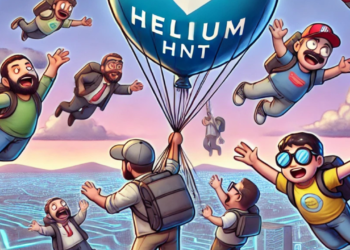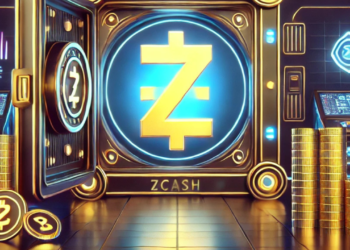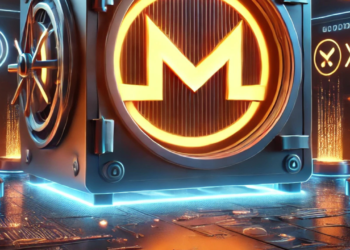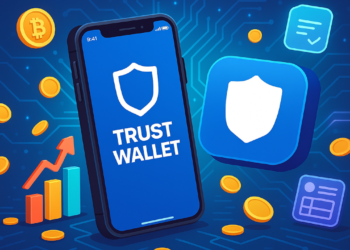What Are dApps Decentralized Applications
In the rapidly evolving world of blockchain technology, decentralized applications, or dApps, have emerged as a transformative concept. Unlike traditional applications that run on centralized servers, dApps operate on blockchain networks, offering unique benefits like transparency, security, and user control. But what exactly are dApps, and why are they so important?
Understanding dApps
A dApp, short for decentralized application, is a digital application that runs on a blockchain or peer-to-peer (P2P) network of computers. Unlike traditional apps, which rely on centralized servers to function, dApps leverage decentralized networks. This setup eliminates the need for a central authority, making dApps more secure and resistant to censorship.
For example, instead of using a single company’s servers to store data or process transactions, a dApp distributes these tasks across a network of computers (nodes). This ensures that no single entity has control, which is a cornerstone of blockchain’s philosophy.
Key Characteristics of dApps
- Decentralization: dApps operate on a decentralized network, usually a blockchain like Ethereum. This ensures that data and operations are distributed across multiple nodes.
- Open Source: The source code of a dApp is often open to the public, allowing anyone to verify, use, or contribute to the code. This transparency builds trust.
- Smart Contracts: Most dApps use smart contracts—self-executing contracts with predefined rules—to manage operations. These contracts automate processes like transactions, eliminating the need for intermediaries.
- Incentives: Many dApps reward users or contributors with tokens, which are often an integral part of their ecosystem. These tokens can represent ownership, voting rights, or other benefits.
Why Are dApps Important?
- Transparency: Since dApps operate on public blockchains, all transactions and operations are visible to anyone. This transparency reduces fraud and builds trust among users.
- Censorship Resistance: Traditional apps can be shut down or censored by governments or companies. dApps, being decentralized, are much harder to take down, making them ideal for free speech and privacy-focused use cases.
- Security: Data stored on a blockchain is highly secure due to cryptographic techniques. This makes dApps less vulnerable to hacking compared to centralized systems.
- User Empowerment: dApps return control to users, whether it’s their data, finances, or decision-making power. For instance, in a decentralized social media dApp, users own their content rather than the platform.
Real-World Examples of dApps
- Finance (DeFi): Decentralized finance (DeFi) dApps like Uniswap and Aave allow users to trade, lend, and borrow cryptocurrencies without intermediaries. These platforms have revolutionized traditional banking by providing services that are accessible to anyone with an internet connection.
- Gaming: Games like Axie Infinity use blockchain to create unique digital assets (NFTs) and reward players with cryptocurrency. These games allow players to truly own in-game items and even earn money.
- Social Media: Decentralized social platforms like Mastodon or Steemit give users control over their data and content. Unlike traditional platforms, they can’t censor or sell user data.
- Supply Chain Management: dApps like VeChain help businesses track goods throughout their supply chain, ensuring transparency and reducing fraud.
Challenges of dApps
While dApps offer many advantages, they are not without challenges:
- Scalability: Blockchain networks often struggle to handle a large number of transactions at once, which can slow down dApps.
- Complexity: For new users, navigating dApps and blockchain technology can be intimidating.
- Regulation: The decentralized nature of dApps often puts them in a gray area when it comes to laws and regulations.
- Adoption: Mainstream adoption of dApps is still in its early stages, and many people are unaware of their existence or potential benefits.
The Future of dApps
As blockchain technology continues to mature, the potential for dApps is immense. Innovations like Ethereum 2.0 aim to address scalability issues, while increasing awareness and user education will drive adoption. dApps have the power to disrupt industries ranging from finance and healthcare to entertainment and beyond.
Conclusion
Decentralized applications (dApps) are more than just a technological trend; they represent a paradigm shift in how applications are built and used. By leveraging blockchain technology, dApps offer transparency, security, and user control, making them a cornerstone of the decentralized future. While challenges remain, the potential for dApps to transform industries is undeniable.
Disclaimer: The information provided in this blog is for educational purposes only and does not constitute financial advice.










